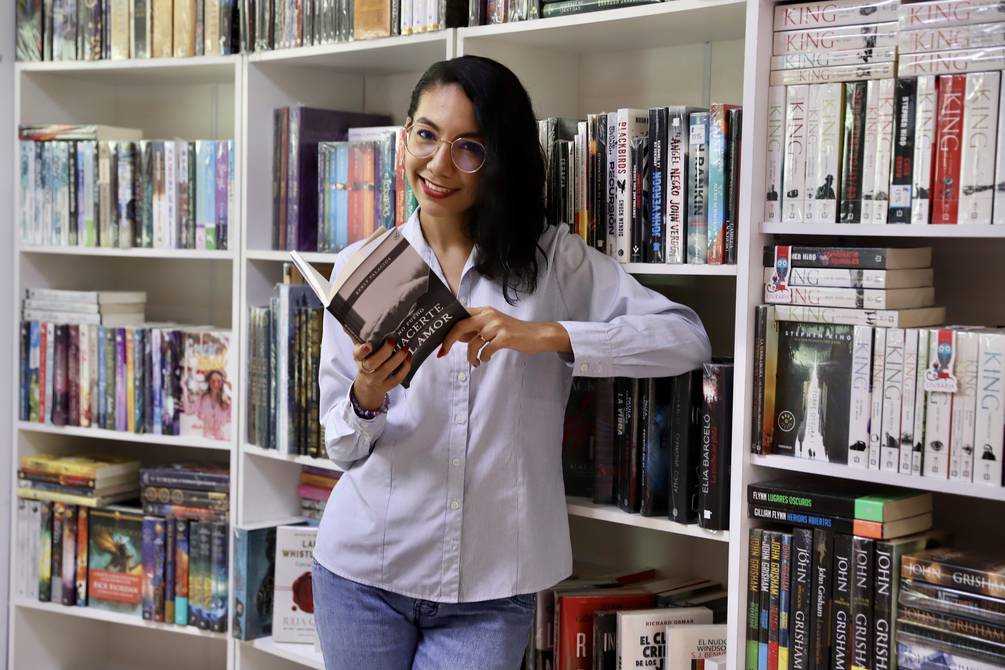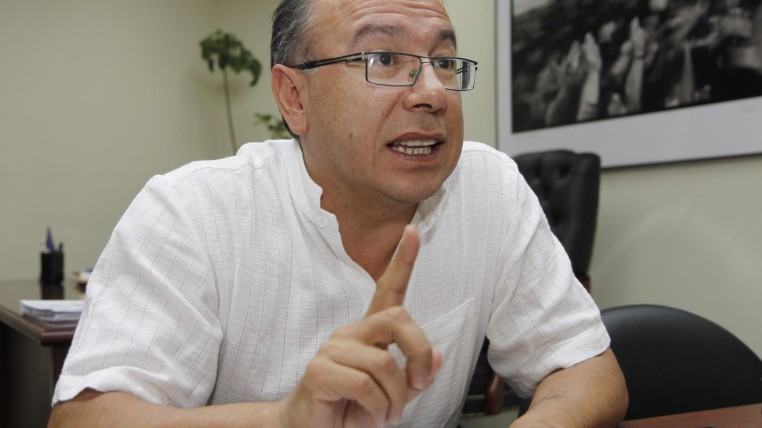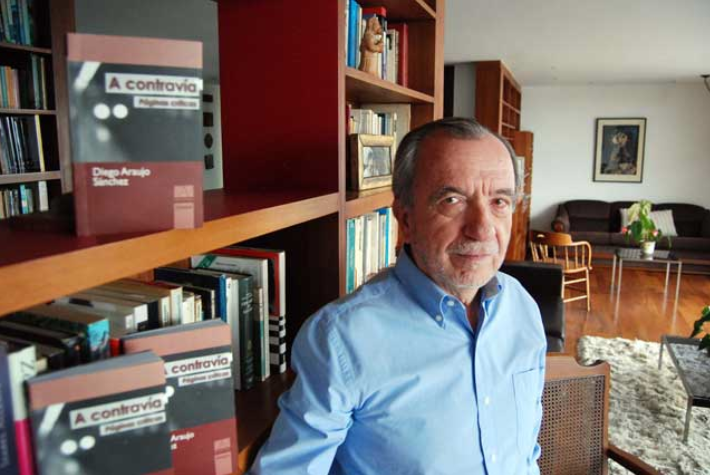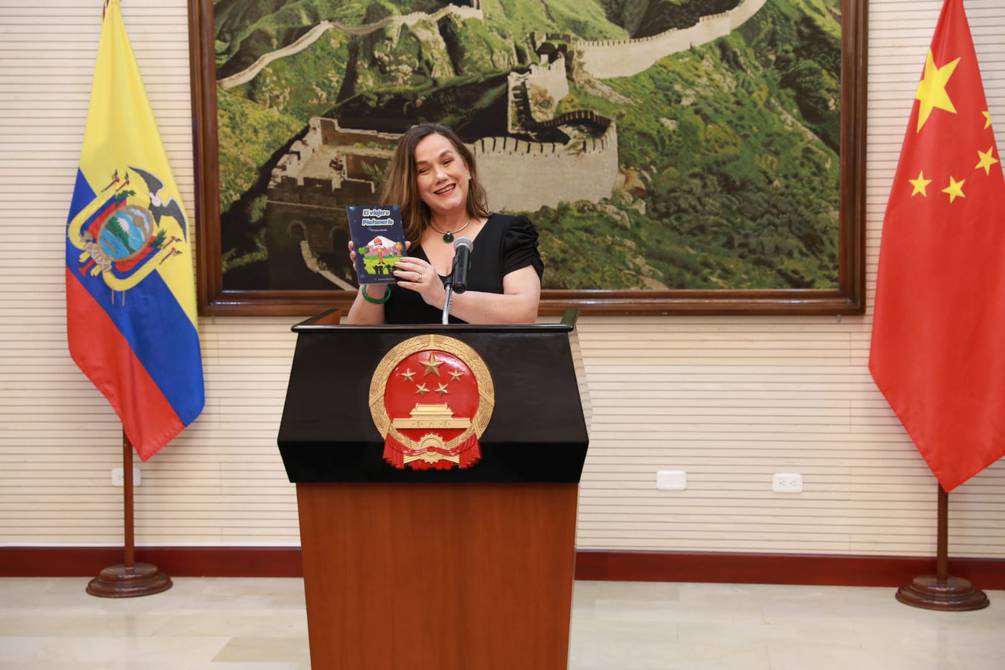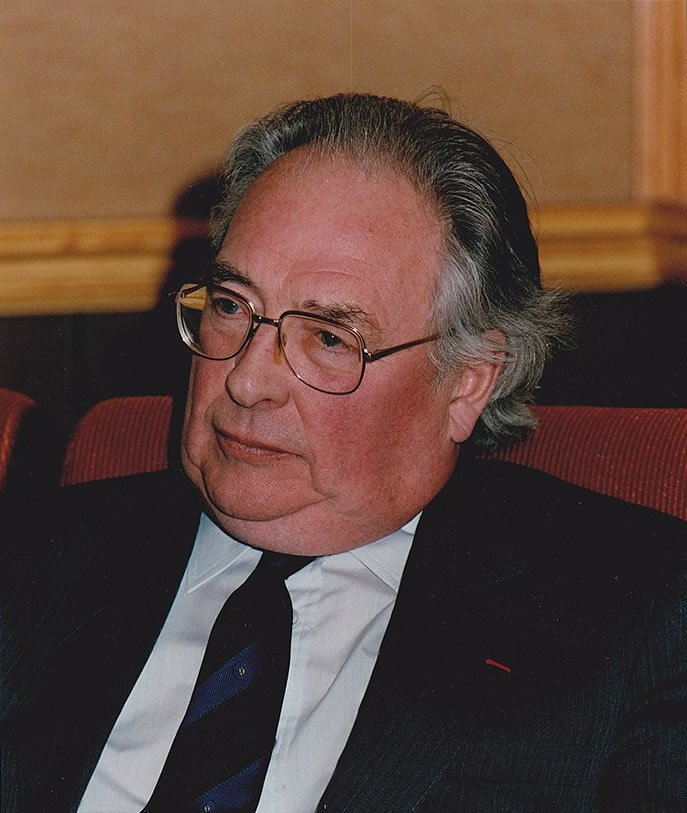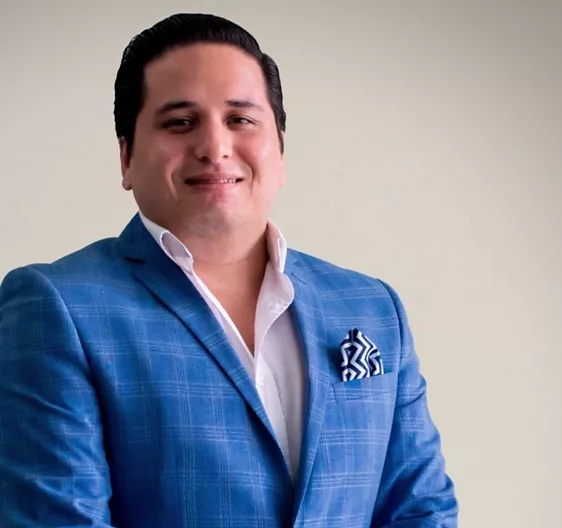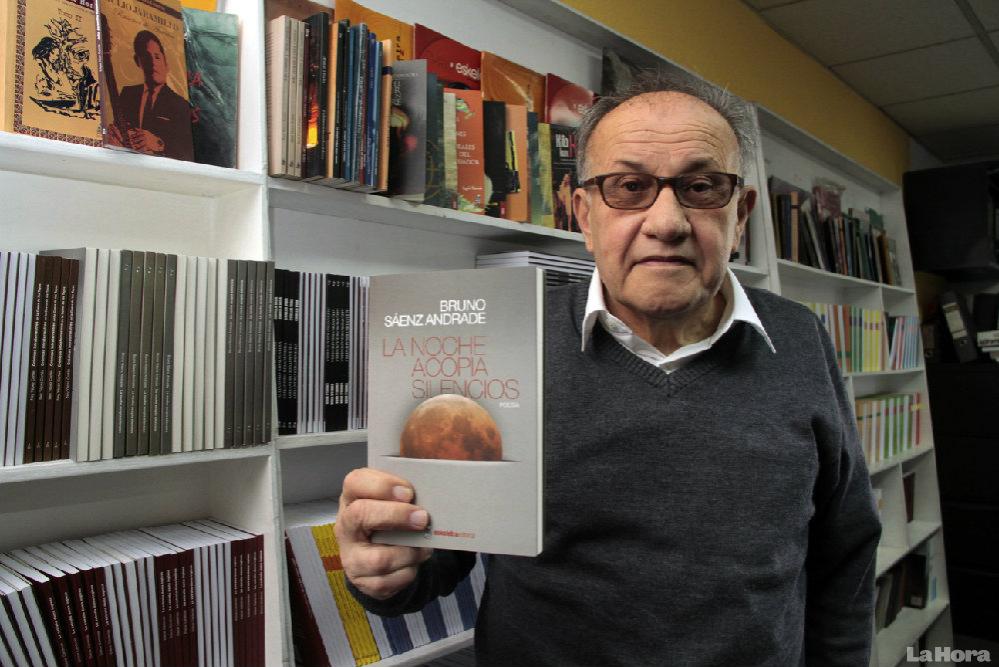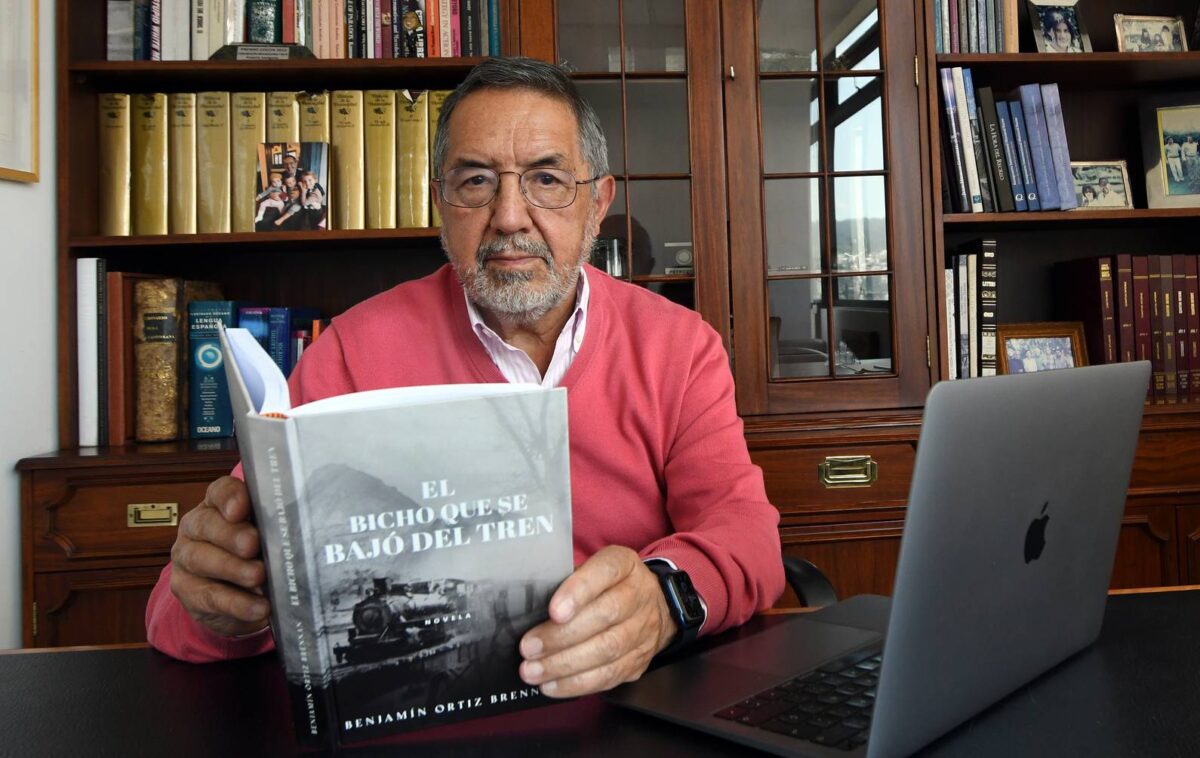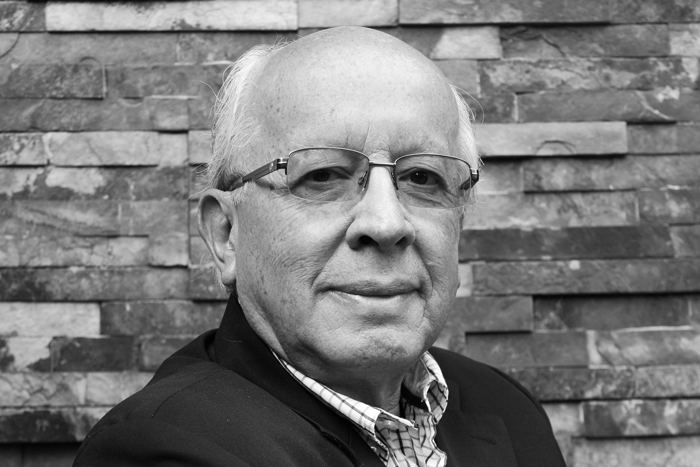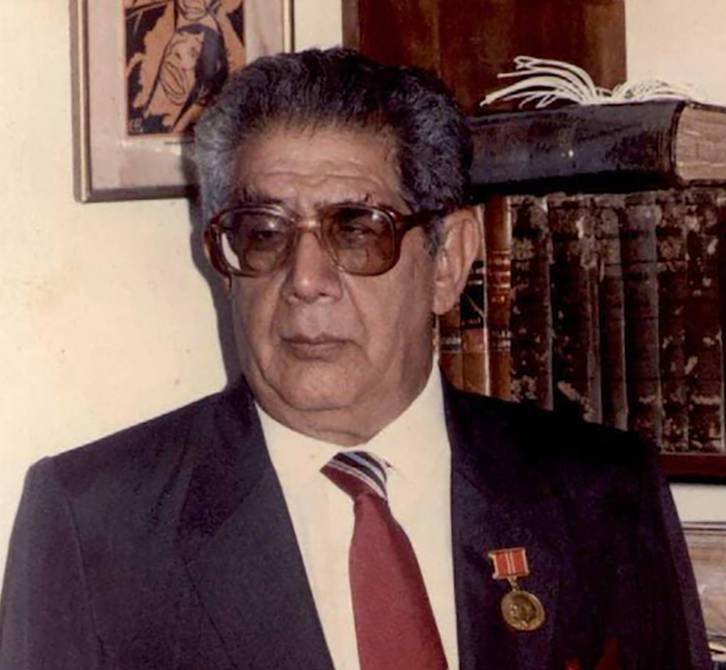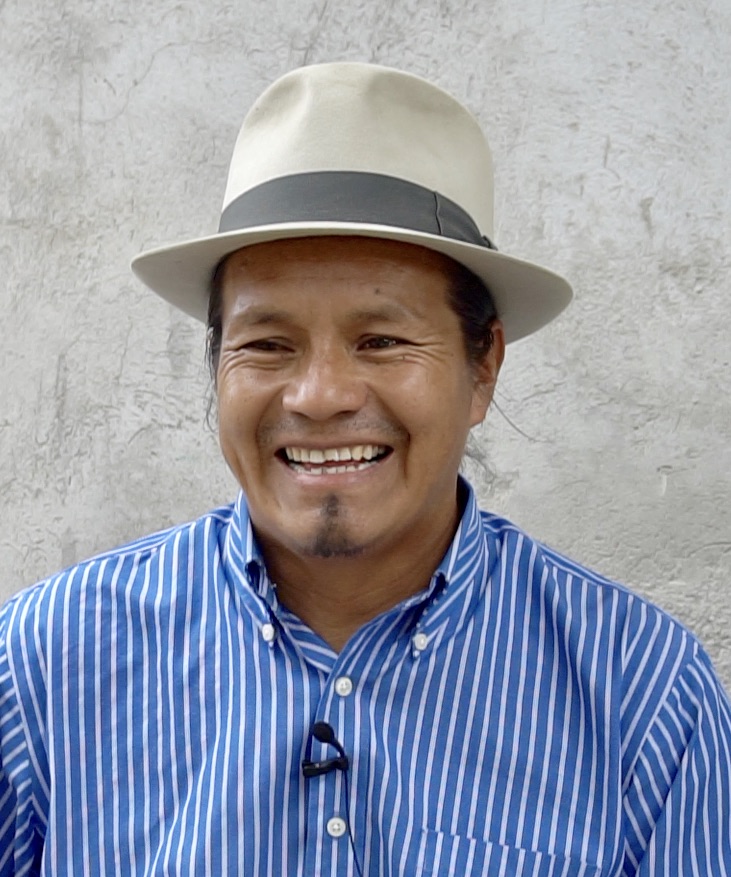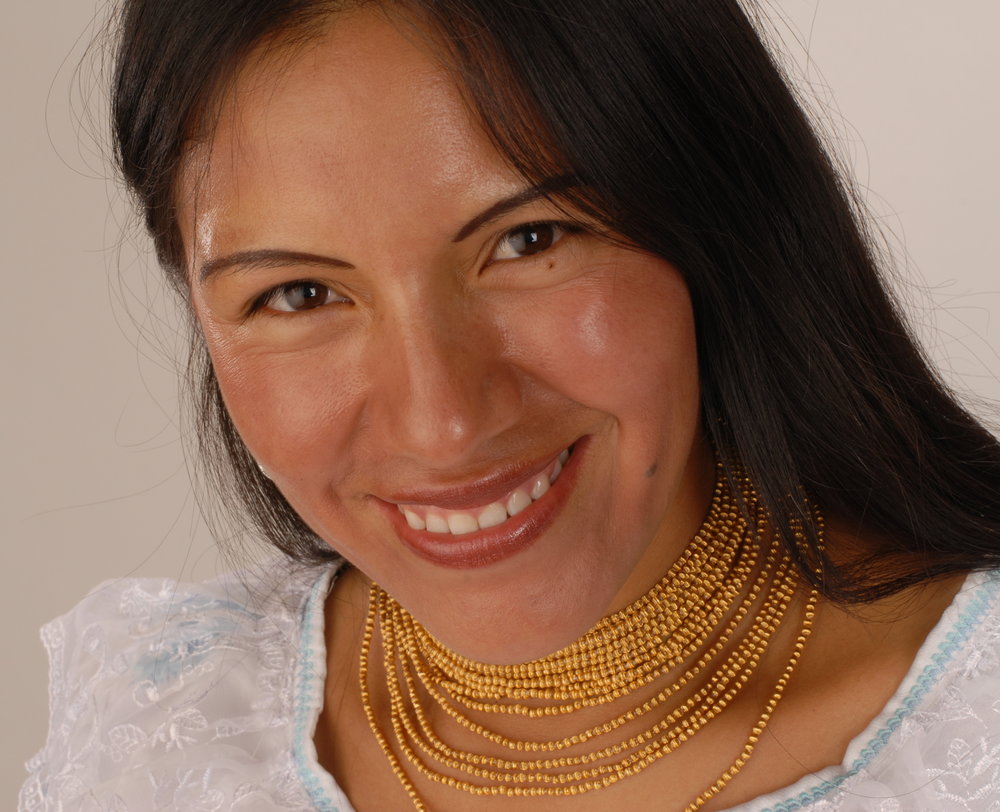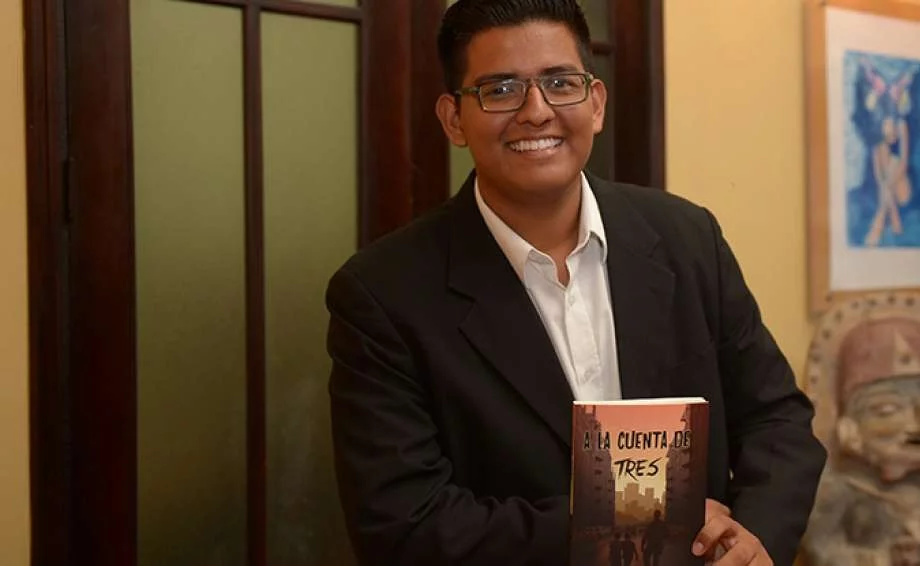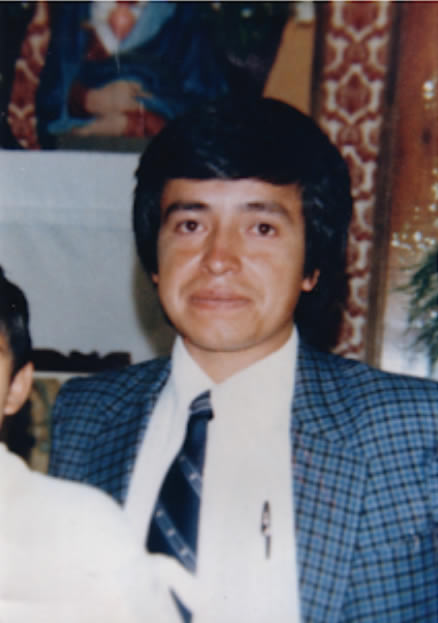Kerly Palacios Escobar (Guayaquil, 1994) is an Ecuadorian writer and poet. She has published two poetry collections, “El desvelo de mis versos” (2018) and “Secuelas” (2020). In 2021, she published her first novel, “No puedo hacerte el amor,” an erotic romance about a couple who cannot consummate their marriage. She claims to have written it in just four hours in December 2020, while character development and editing took another six months. She has taken part in the International Book Festival of Guayaquil.
Continue reading “Kerly Palacios”Author: richard
Orlando Pérez
Orlando Pérez Sanchez (Quito, 1963) is an award-winning journalist and writer from Ecuador. In 2002 he published, “La celebración de la libertad,” a collection of interviews with nine writers from Latin America and Spain. In 2013 he published a novel, “La ceniza del adiós,” and a nonfiction book, “Wikileaks en la mitad del mundo,” about the U.S. diplomatic cables in Ecuador published by Wikileaks. In 2014 he co-authored “Caso Chevron: la verdad no contamina” with Nelson Silva.
Continue reading “Orlando Pérez”Diego Araujo Sánchez
Diego Araujo Sánchez (Quito, October 14, 1945) is a writer, journalist, and professor from Ecuador. He has been a professor of language and literature at the Pontifical Catholic University of Ecuador for thirty years, and a visiting professor at the Department of Classical and Modern Languages at the University of New Mexico in the United States. For 30 years, he was the deputy director of the Quito newspaper HOY, where he wrote a weekly opinion column. He also wrote a column for the newspaper El Comercio. He has written numerous articles and essays, as well as two historical-political novels, “Los nombres ocultos” (2016) and “Las secretas formas del tiempo” (2021). He is a corresponding member of the Royal Spanish Academy and a numerary member of the Ecuadorian Academy of Language, where he has served as treasurer since September 2017.
Continue reading “Diego Araujo Sánchez”Verónica Bonilla
Verónica Bonilla (Quito, June 11, 1962) is a prolific children’s book author, illustrator, and graphic designer from Ecuador. Her books have been published in Spanish, English and Chinese. She received China’s highest honor for a foreign writer, the 15th Special Book Award of China 2021, for her book Planatario en China, which was published in both Spanish and Chinese in 2019.
Continue reading “Verónica Bonilla”Bernard M. Dulsey
Bernard Martin Dulsey (Chicago, IL, February 27, 1914 – San Clemente, Orange, California, November 4, 1992) was an American professor, scholar, editor, and translator. In 1964, Southern Illinois University Press published “The Villagers,” an authorized English translation by Bernard M. Dulsey of Ecuador’s most famous novel, “Huasipungo,” in collaboration with its author Jorge Icaza. Mr. Dulsey was a professor emeritus of the foreign language and literature department of the University of Missouri-Kansas City. He earned his doctorate at the University of Illinois and worked as a prose editor for the Library of Congress’ annual Handbook of Latin American Studies. He was also an associate editor of the Kansas City Review and contributed to a number of scholarly journals in the United States and abroad.
Continue reading “Bernard M. Dulsey”Claude Couffon
Claude Couffon (Caen, Normandy, France, May 4, 1926 – December 18, 2013) was a renowned Spanish-to-French translator, French poet, Sorbonne Université professor, and an expert in Spanish and Latin American literature. In 1960, Couffon translated Jorge Icaza’s 1958 novel “El Chulla Romero y Flores” into French as “L’homme de Quito.” It was serialized in Les Lettres Francaises, (Nº833, July 14–20, 1960). French publisher Éditions Albin Michel released “L’homme de Quito” as a book in 1993. Couffon’s translations were instrumental in promoting Spanish-language writers in France. He translated the works of several Nobel laureates, including Spain’s Camilo Jose Cela, Colombia’s Gabriel Garcia Marquez, Chile’s Pablo Neruda, and Guatemala’s Miguel Angel Asturias. In 2003, Claude Couffon translated Ecuadorian author Rocío Durán-Barba’s novel “París sueño eterno” (1997).
Continue reading “Claude Couffon”Miguel Álava Alcívar
Miguel Álava Alcívar, sometimes Miguel Alavalcívar (Portoviejo, 1988) is an Ecuadorian novelist, poet and philosophy professor. He has lived in Guayaquil for many years. His novels include Universos paralelos (2004), Amada inmortal (2005), El mundo contado al revés (2011) and El Trapecista (2012), which he has referred to as his best work. In 2012 he became a member of the Guayas Chapter of the House of Ecuadorian Culture. He is on the editorial team of the International Journal of Social Science and Economics Invention.
Continue reading “Miguel Álava Alcívar”Bruno Sáenz Andrade
Bruno Sáenz Andrade (Quito, September 13, 1944 – Quito, January 11, 2022) was an Ecuadorian writer, poet, essayist and literary critic. He authored numerous books including: “El aprendiz y la palabra,” “Relatos del aprendiz,” “Comedia del cuerpo,” “1944, La promesa y la siega” and “La noche acopia silencios.” A lawyer by profession, in his working life he served as director of the School of Prosecutors in the Public Ministry, as well as Undersecretary of Culture. He was a regular speaker at the House of Ecuadorian Culture, the Benjamín Carrión Cultural Center, and the Rayuela bookstore, among other places. He was an emeritus member of the Ecuadorian Academy of Language since 2014. In 2003 his poetry book “Escribe la inicial de tu nombre en el umbral del sueño” won the Jorge Carrera Andrade Award.
Continue reading “Bruno Sáenz Andrade”Benjamín Ortiz Brennan
Benjamín Ortiz Brennan is an Ecuadorian journalist and writer. He is the author of two well-regarded historical novels: A la sombra del magnolio (2017) and El bicho que se bajó del tren (2021). He has worked as a chronicler for El Tiempo newspaper, news director of Ecuavisa, director of the newspaper Hoy for 17 years, and director of his own strategic communication agency for another 17 years.
Continue reading “Benjamín Ortiz Brennan”Gonzalo Ortiz Crespo
Gonzalo Ortiz Crespo (Quito, October 18, 1944) is an Ecuadorian journalist, essayist, historian and writer. He has written three novels: Los hijos de Daisy (2009), Alfaro en la sombra (2012) and Pecunia non olet (2021), a corruption thriller which made it to Primicia.ec’s 2021 list of “the 10 books by Ecuadorian writers that marked the year.” He is a member of the Ecuadorian Academy of Language and the National Academy of History. He wrote for the newspapers El Tiempo, Hoy, EL COMERCIO and the magazine Gestión. He has worked as a university professor and has held various posts such as secretary of communication, secretary of the administration of President Rodrigo Borja, and councilor of Quito.
Continue reading “Gonzalo Ortiz Crespo”Elías Muñoz Vicuña
Elías Muñoz Vicuña (Yaguachi, Guayas, May 10, 1922 – Guayaquil, February 10, 1997) was an historian, writer, university professor, and member of the Ecuadorian Communist Party. His historical essays include: El 15 de Noviembre de 1922 (1978), Biografía de Olmedo (1980), and Papel Histórico de Vicente Rocafuerte (1983). In 1976 he was appointed professor of Economic, Social and Political History of Ecuador at the Faculty of Economics of the University of Guayaquil; in 1984 he was declared a member of the Institute of Labor Law; and in 1985 member of the Guayas chapter of the House of Ecuadorian Culture, and Visiting Professor of the Institute of Diplomacy of the University of Guayaquil. In 1983 he became a member of the National Academy of History. He traveled to many countries as a representative of the Ecuadorian Communist Party, including to Cuba in 1966 per the invitation of Fidel Castro; and in 1970 at the Centenary of Lenin’s birth in Ecuador, the Soviet Union awarded him with the “Lenin Gold Medal” in a public ceremony. Several educational institutions are named after him in Guayaquil.
Continue reading “Elías Muñoz Vicuña”Segundo Moreta Morales
Segundo Moreta Morales (Otavalo, Ecuador) is an author, storyteller and intercultural educator. He is the author of the children’s book Juanita the Colorful Butterfly (2015), illustrated by Into Gualapuro and Luis Uksha. Told in Spanish, Kichwa, and English, it tells a charming tale of a butterfly who loses her color when a witch casts a spell on her; Juanita’s nature-dwelling friends help her to become colorful again.
Continue reading “Segundo Moreta Morales”Maria Virginia Farinango
Maria Virginia Farinango (Otavalo, Ecuador) was born in an Indigenous Quichua community near Otavalo, Ecuador. In 2011, she and Laura Resau co-authored the novel The Queen of Water, based on the true story of her girlhood. After many years of running her own Andean crafts business and traveling extensively with her husband, Tino, an Andean musician, Maria Virginia earned a master’s degree in psychology. Maria Virginia now resides in Otavalo with her husband, son, and daughter, where she practices clinical psychology.
Continue reading “Maria Virginia Farinango”Félix Villacís
Félix Abel Villacís del Valle (March 17, 2000) is an Ecuadorian novelist and poet. He has written four books. He worked as an editor for Editorial Déjà Vu and as the director of Editorial Madriguera from 2019 to 2021. His published books include “A la cuenta de tres” (2016), “La vida que me diste” (2018) and “Nudos” (2021). In 2020 he was a finalist of the eighth edition of “Día del libro y de la Rosa.”
Continue reading “Félix Villacís”Gustavo Garzón
César Gustavo Garzón Guzmán (Quito, June 8, 1958) was an Ecuadorian writer and literary critic who vanished without a trace on November 9, 1990. In 1980, he joined Miguel Donoso Pareja’s literary workshop at the House of Ecuadorian Culture and co-founded the literary group “La Mosca Zumba.” On November 9, 1990, he went out with a group of friends to a dance club and was never seen again. At the time, the 32-year-old writer was living in Quito, Ecuador, where he was working on his doctoral thesis in Literature at the Pontifical Catholic University of Ecuador. On January 28, 2021 the Ecuadorian government admitted responsibility for his kidnapping before the Inter-American Court of Human Rights. A documentary about his life, “Brutal como el rasgar de un fósforo,” was made in 2021.
Continue reading “Gustavo Garzón”
